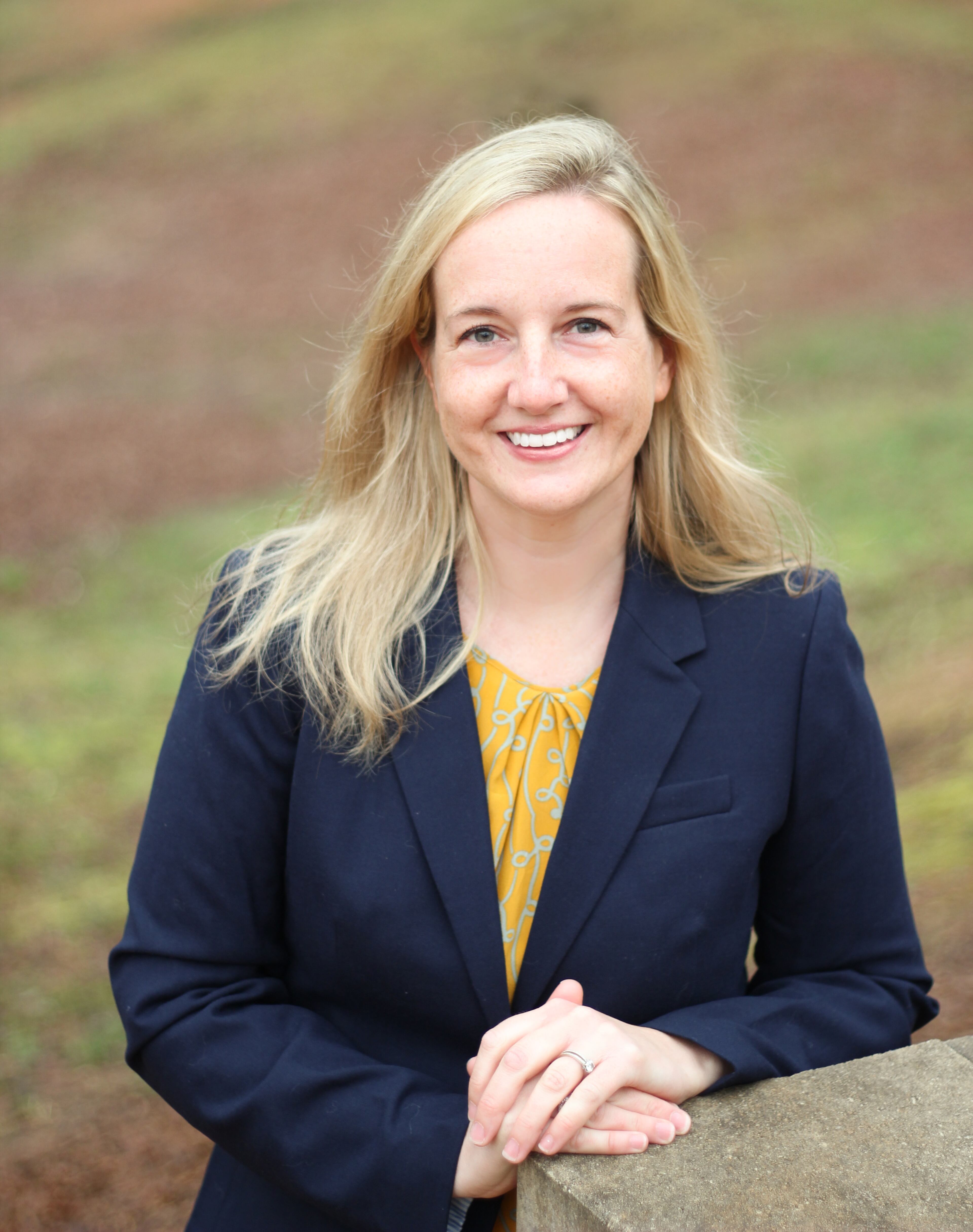Cobb board member: New voucher bill empowers private schools, not parents

This year’s passage of the voucher bill, Senate Bill 233, is allowing public funds to go to private schools at the expense of our poorest children, and I hope lawmakers will reconsider the law as it exists now to help our students more effectively.
SB 233 states, “The education savings authority … shall include rules and regulations prioritizing the selection of economically disadvantaged students over noneconomically disadvantaged students.” However, the voucher will likely be inaccessible to students living in poverty because the student cannot receive any other scholarship defined by these terms in conjunction with the voucher and parents assume responsibility for transportation to and from the participating private school.
Anticipating this, the law has a plan for families who are wealthy. If the funds allocated for the program are not exhausted by low- and middle-income families — those families not exceeding 400% of the federal poverty level, or $124,800 per year for a family of four — any family in the attendance zone of a “failing” school can use the funds.

The voucher will also likely be inaccessible to students who need special education. The accepting private schools do not have to follow or create Individualized Education Programs or 504 Plans. Additionally, students using the “Georgia Special Needs Scholarship” cannot use these voucher funds.
Though this voucher is framed as giving power to parents, all of the power rests in the participating private schools. The accepting private school will not be required “to alter such school’s or provider’s creed, practices, admission policies, employment policies or curricula in order to receive account funds under the program.”
This is a notable allowance since half of private schools in Cobb County are religious in nature. It’s also troubling that the accepting private school doesn’t have to be accredited yet — SB 233 says schools can be “in the process” — and the teachers at the schools do not have to be certified. Finally, all power rests with these private schools since they do not have to participate in the program or accept students with vouchers.
Accountability is also lacking. Private schools participating in the program are required to administer either a nationally norm-referenced test or a statewide assessment and are required to keep graduation rates of students in the program. These requirements are only for students participating in the voucher program, and these tests and rates would not necessarily have to be calculated schoolwide.
There are no consequences listed, regardless of the outcome. It is structurally impossible for any of these participating private schools to get on a “failing schools” list, even if their data would place them there. In fact, the law specifies that the Governor’s Office of Student Achievement shall include a list of only public schools that performed in the lowest 25% of all public schools based on the cumulative individual school ratings.
Our state can choose to invest in all students by adding an opportunity weight/poverty weight to the Quality Basic Education formula by expanding pre-K and by supporting the dyslexia initiatives with enough funds to follow through on the mandates. Instead, the state is funneling money to a small number of students and accepting as fact that 25% of our schools are “failing” by their definition.
I hope lawmakers work instead in the best interest of the children of Georgia.
Becky Sayler is a member of the Cobb County School District Board of Education. These views represent her own and not those of the board.


